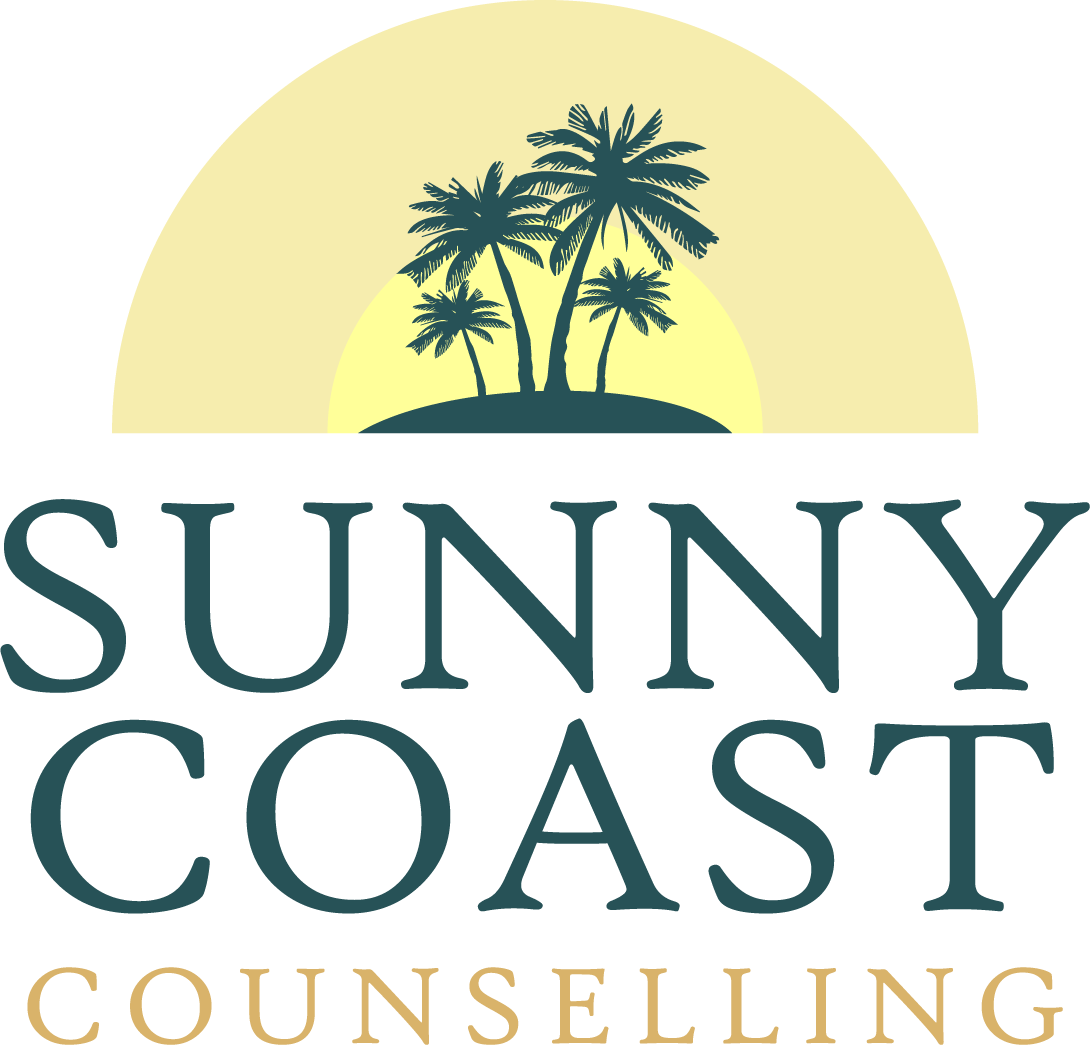Understanding Compassion Fatigue: Symptoms and Strategies for Overcoming It
By John Belchamber | Sunny Coast Counselling
In helping professions—like counselling, nursing, teaching, social work, or emergency response—there’s a shared thread of emotional investment. Over time, consistently supporting others through their trauma, pain, or crises can take a toll on your own wellbeing. This experience is known as compassion fatigue, and it can quietly erode your ability to care, connect, and feel effective.
Let’s explore what compassion fatigue is, how to spot it, and what you can do to protect your wellbeing while continuing to support others.
What is Compassion Fatigue?
Compassion fatigue is sometimes referred to as the “cost of caring.” It’s a form of secondary traumatic stress that arises from prolonged exposure to the suffering of others, particularly when you feel helpless to alleviate it. It’s not the same as burnout—though the two often go hand-in-hand.
While burnout is generally caused by workload and systemic stressors, compassion fatigue is specifically related to empathic engagement with those experiencing trauma or distress.
Common Symptoms of Compassion Fatigue
Compassion fatigue can creep in slowly or hit suddenly. Recognising the signs is key:
Emotional symptoms
- Increased irritability or emotional numbness
- A sense of helplessness or hopelessness
- Feeling disconnected from others
- Reduced empathy or compassion for clients, patients, or students
- Anxiety or depression
Cognitive symptoms
- Difficulty concentrating or making decisions
- Intrusive thoughts about clients’ trauma
- Negative worldviews or loss of meaning in your work
Physical symptoms
- Chronic exhaustion or fatigue
- Headaches, sleep disturbances, or gastrointestinal issues
- Increased use of alcohol or other substances as coping tools
Behavioural signs
- Withdrawal from colleagues or loved ones
- Reduced performance or absenteeism
- Avoidance of client engagement
Who is Most at Risk?
Anyone in a caregiving role is susceptible. However, those who:
- Have poor boundaries between work and personal life
- Regularly work with trauma survivors
- Lack adequate support or supervision
- Neglect their own self-care
are at increased risk of developing compassion fatigue.
How to Overcome and Prevent Compassion Fatigue
While compassion fatigue is common, it’s not inevitable or permanent. The following strategies can help you both prevent and recover from it:
1. Prioritise Self-Care
Consistent self-care is essential—not a luxury. This includes:
- Regular sleep, exercise, and nutritious food
- Hobbies and social connections that have nothing to do with work
- Time in nature or engaging in creative pursuits
2. Set Healthy Boundaries
Protect your emotional energy by:
- Saying no when needed
- Limiting after-hours work contact
- Avoiding over-identification with clients’ experiences
3. Seek Professional Support
Just as your clients or patients benefit from support, so can you:
- Access peer supervision or professional counselling
- Debrief regularly with trusted colleagues
- Utilise your organisation’s Employee Assistance Program (EAP) if available
4. Build Emotional Resilience
Practices such as:
- Mindfulness or grounding techniques
- Acceptance and Commitment Therapy (ACT) skills
- Journalling or reflective practice
can all help increase your capacity to manage stress and stay emotionally present.
5. Reconnect With Your “Why”
When compassion fatigue dulls your passion, take time to reconnect with the purpose behind your work. Reflect on what drew you to the field and the small wins that have made a difference.
Final Thoughts
Compassion fatigue is a sign that you are human—not that you are weak or incapable. Acknowledging its impact is the first step toward healing and recharging. By tending to your own needs with the same care you give to others, you can sustain your capacity to do meaningful, compassionate work—for the long haul.
If you’re feeling overwhelmed or disconnected, don’t wait. Seeking support can make a world of difference.
Need someone to talk to? Visit www.sunnycoastcounselling.com.au to explore how we can support your journey to wellness

